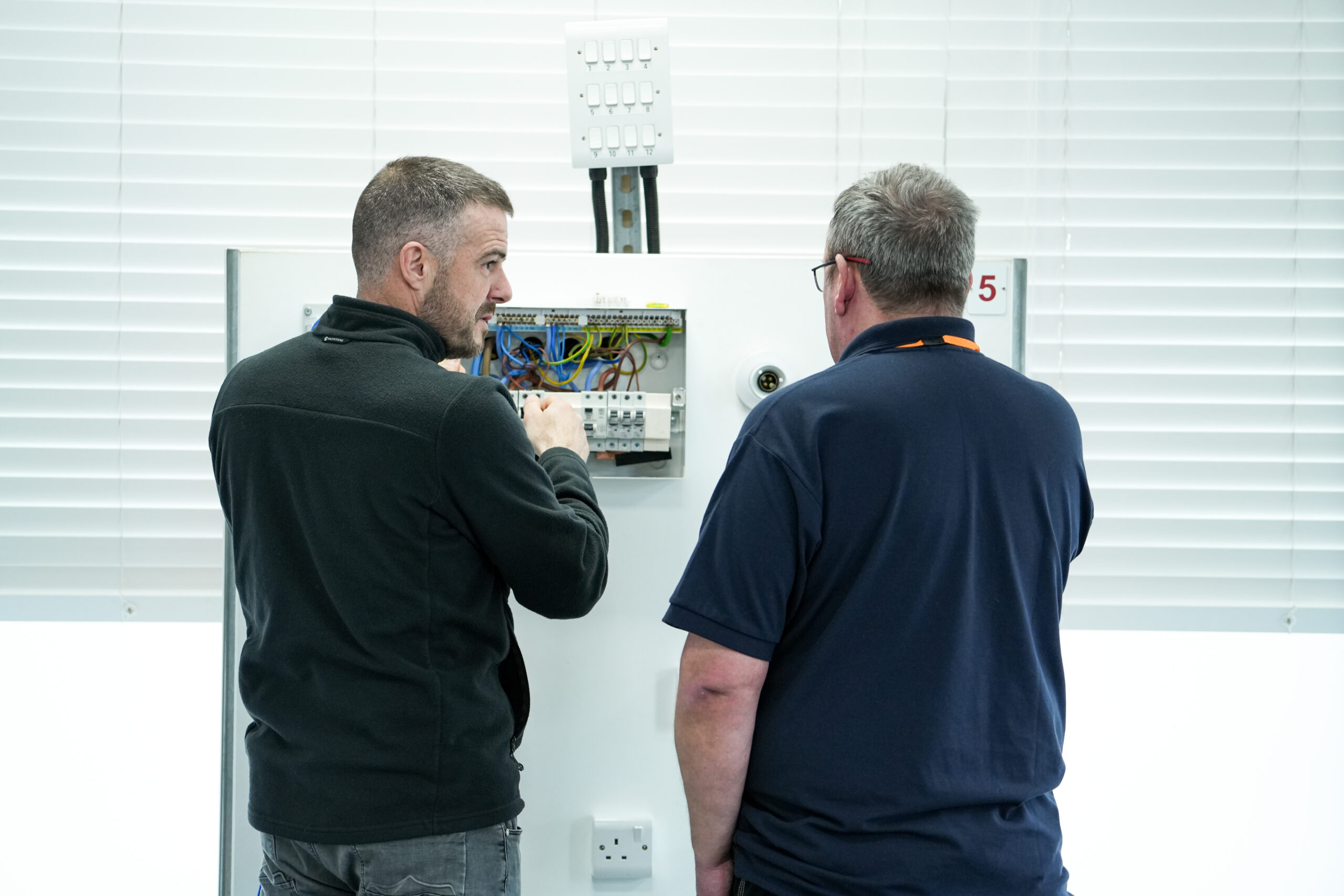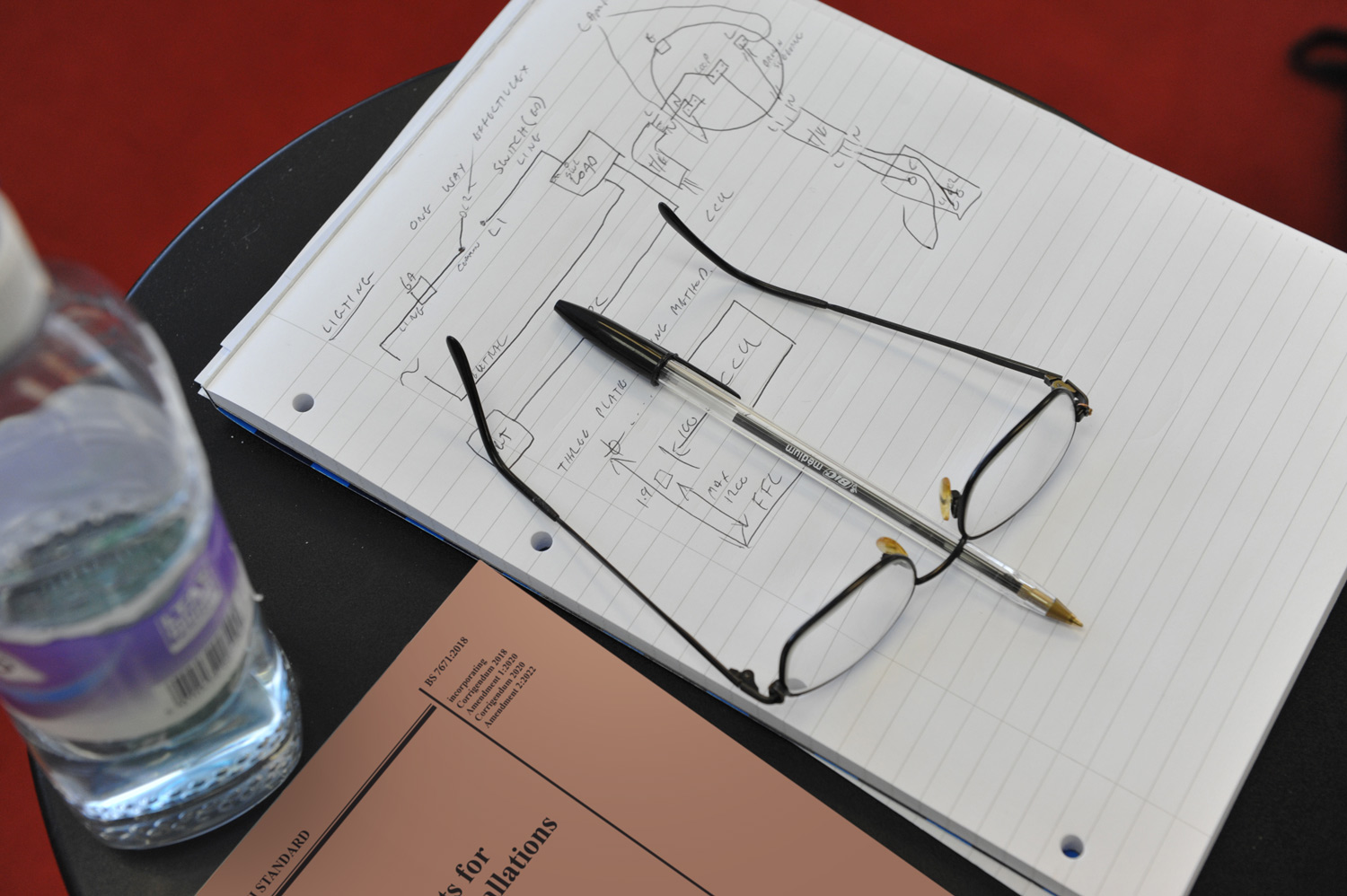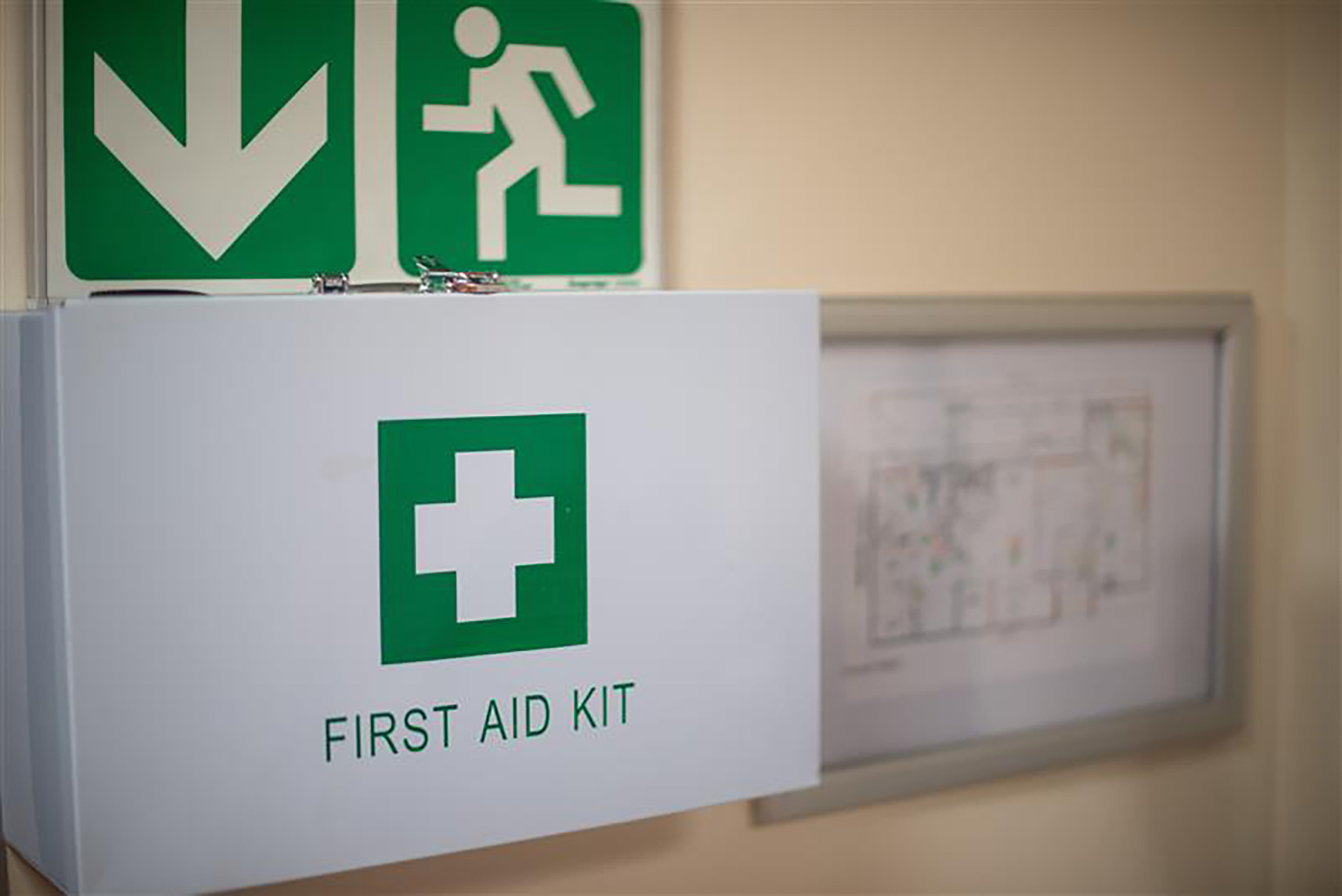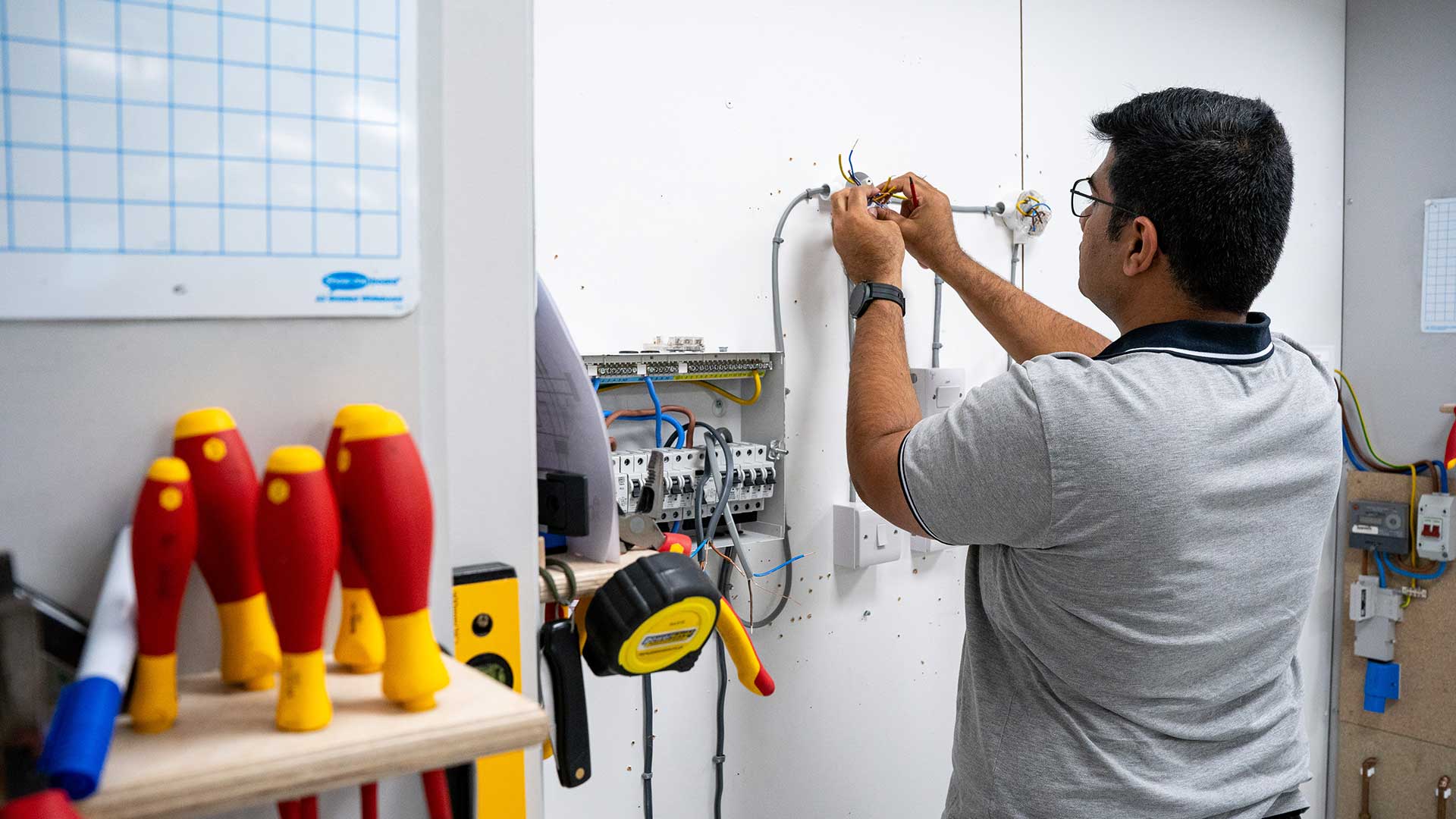Name: Libby Rush
Course: Bronze + PAT
Libby is studying Engineering at university and decided to come to Trade Skills 4U to gain some more hands on experience. Here, she discusses how she found the course and why more women should enter the trade.
What is your reason for training?
I’m training as part of my graduate engineering scheme to improve my practical skills and become more familiar with building and wiring regulations.
Tell us why you decided to train as an electrican?
My employer has sent me to this course because at university I had very little hands on experience, since traditional education has a very heavy focus on science and design theory. This scheme puts that theory into the context of the real world and demonstrates the additional considerations needed to successfully design a circuit.
How long have you been working in the electrical industry?
I graduated from a 4 year university course in 2017 and have been in my role for 6 months.
Tell us about your current job?
I am a graduate control, electrical and instrumentation engineer so my day to day includes a lot of computer based design. As part of the development programme I will be moving around different departments so I can learn more about how they work.
Why did you decide to take the Bronze course?
My employer has sent previous employees to Trade Skills 4U and received really positive feedback about the scheme so they’ve to incorporated it into the graduate development programme.
Tell us about your experience with TS4U?
My experience at Trade Skills 4U has been absolutely fantastic, the support available for people like me with little knowledge in the subject was incredible. All the staff I’ve found to be really approachable as well as professional.
What did you enjoy most about the course?
The interactive way the courses were taught which allowed for back and forth of questions was a great way to build a rapport with the instructor and create a more comfortable learning environment. Teaching theory along side the practical elements also really helped me relate what we were doing in the workrooms to something I knew about.
What did you find most challenging about the course?
Jumping in day one into a pure practical exercise was challenging for me whilst other students were really in their element. It was the first time I got hand cramp outside of an exam, trying to keep up with everyone else.
Do you have any advice for women who are thinking of entering the trade?
I recommend finding a balance between powering through on your own and knowing when to ask for help. Working together and talking through problems is one of the best ways to learn and also break the ice, but don’t be afraid to say no and that you want to do it by yourself. Ultimately, if someone else is over your shoulder and offering to tweak your work it won’t benefit anyone in the long run.
Do you think there’s plenty of opportunities for those working in the electrical industry?
I’ve found a lot of opportunities within my area when I was looking for training schemes. It’s such a vast industry there are so many levels to jump in on.
We wish Libby the best of luck with the rest of her training and new job!



























